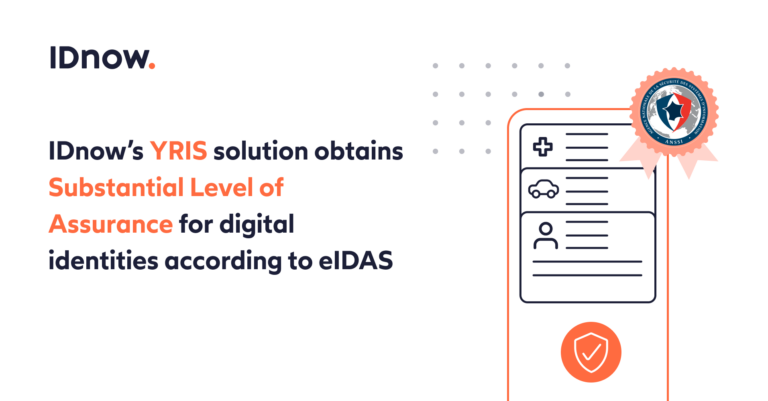London, June 18, 2024 – Ahead of the busy summer betting period, IDnow, a leading identity verification provider in Europe, has seen a significant spike in the number of gambling customers requesting identity verification.
Between 14 and 16 June, IDnow saw a 750% increase in the number of players being verified with a European gambling operator [1]. The busiest sign-up day was 14 June, the day of the opening match of UEFA EURO 2024, which saw a much higher volume of verification requests than was seen during the 2022 World Cup.
This latest spike coincides with the lead up to the opening game of UEFA EURO 2024 on 14 June. During each country’s first game, IDnow is expecting these figures to stay at a high level. With that, an increased likelihood of bonus abuse, multi-accounting, underage gambling, money laundering and fake documentation.
Effective, compliant verification processes to onboard vast numbers of players
“The challenges operators face during major sporting tournaments are not necessarily any different to their regular daily compliance hurdles, but the sheer volume of new players from all around the world, coupled with increased activity is likely to cause issues for unprepared operators,” said Roger Redfearn-Tyrzyk, Vice President of Global Gaming at IDnow.
“EURO 2024 will be a huge opportunity for gambling platforms, new and old, so it’s essential they capitalize on the event, while safeguarding their players and their reputation. It’s important they have effective, compliant verification processes in place to onboard vast numbers of players as smoothly and safely as possible. Only when operators are confident they can verify accounts thoroughly, and onboard the right players during such busy period, will they be effective in fighting fraud.”
As global sporting events have such broad appeal, they often attract both casual and regular bettors. Combined with the convenience and accessibility that online platforms now offer, betting during these periods is getting increasingly popular. Indeed, betting during the 2022 World Cup increased by 13 percent compared with the 2018 FIFA World Cup.
Worryingly, the surge in gambling activity was seen on both regulated and unregulated sites. For example, in the UK alone, 250,000 people visited unregulated, black-market sites during the last World Cup compared with just 80,0000 during the same time frame of the previous year.
Other key security concerns that are exacerbated by major sporting events, such as EURO 2024:
- Increase in site traffic is often used by fraudsters as a smoke screen for nefarious activities. They may conduct identity theft, or attempt account takeovers by launching phishing attacks and cyberattacks on unsuspecting users.
- Unsecured public Wi-Fi networks can pose a security risk when players log in to place bets. These networks are susceptible to interception by hackers, leading to unauthorized access to user accounts, exposure of sensitive personal information and potential financial losses for both users and operators.
- Rising rates of gambling fraud, with chargeback fraud a particularly common issue. While identity verification solutions can help verify the identity of users and detect fraudulent activity, preventing chargeback fraud requires additional measures, such as transaction monitoring and collaboration with payment processors to identify and block suspicious transactions in real time.
Although all global gambling platforms are likely to see an uptick in player onboarding, it will likely be European nations that share the same time zone as the tournament that will see the biggest increase in usage.
“Gaming operators in these particular regions must offer secure player onboarding, deposits and withdrawals, and conduct seamless Anti-Money-Laundering and age verification checks to help fight the expected proliferation of fraudulent activity in both the build up to EURO 2024 and throughout the tournament,” concluded Roger Redfearn-Tyrzyk.
[1] Compared to the same time frame last year.



